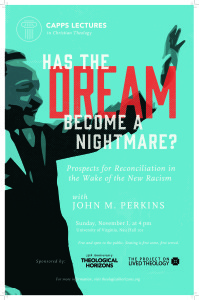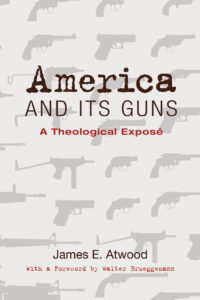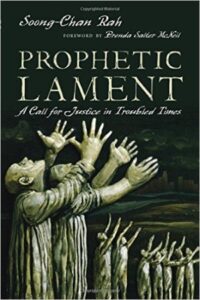 Among the many contributors to our resource collection we are also gathering a number of Fellow Travelers. Fellow travelers are scholars, activists, and practitioners that embody the ideals and commitments of the Project on Lived Theology. We admire their work and are grateful to be walking alongside them in the development and dissemination of Lived Theology.
Among the many contributors to our resource collection we are also gathering a number of Fellow Travelers. Fellow travelers are scholars, activists, and practitioners that embody the ideals and commitments of the Project on Lived Theology. We admire their work and are grateful to be walking alongside them in the development and dissemination of Lived Theology.
One such group of Fellow Travelers has developed the Scholar-Priest Initiative within the Episcopal Church and Anglican Church of Canada. This initiative has the mission of “welcoming theology home.” Through conferences and resources, such as “New Tracts for our Times,” the initiative equips churches, including those beyond their own denominations, to “reintegrate theology back into the life of the parish, to rekindle theological vocation and imagination.”
From www.scholarpriests.org:
The Scholar-Priest Initiative holds two things dear. First, every parish deserves good leadership. Second, theology done for the parish can once again be done in the parish. Our churches often divorce theology and the parish and both suffer as a result. In response, SPI supports, mentors, and helps fund centered, open, and effective scholar-priests and works with bishops and other leaders to connect scholar-priests with parishes that need stable and effective leadership.
For more information about this Recommended Resource, click here or visit www.scholarpriests.org.
For more resources from our Fellow Travelers, click here. To engage in the conversation on Facebook and Twitter, @LivedTheology, please use #PLTfellowtravelers.

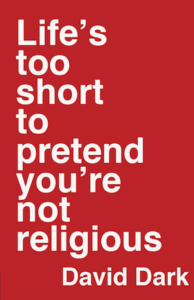

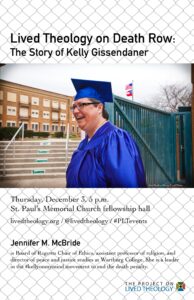

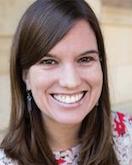
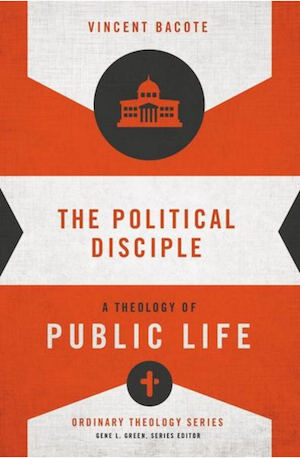 In The Political Disciple: A Theology of Public Life, Vincent Bacote addresses the Christian ambivalence toward political involvement: being active agents in the public sphere is an extension of our Christian responsibility. Rather than withdrawing from these duties in response to increasing partisanship and the ensuing political discord, Christians are to remain faithful to the here and now. Bacote challenges faith communities to re-consider their level of public involvement and what it means to reflect Christ through public service. Political engagement is a necessary duty in maintaining Christian faithfulness.
In The Political Disciple: A Theology of Public Life, Vincent Bacote addresses the Christian ambivalence toward political involvement: being active agents in the public sphere is an extension of our Christian responsibility. Rather than withdrawing from these duties in response to increasing partisanship and the ensuing political discord, Christians are to remain faithful to the here and now. Bacote challenges faith communities to re-consider their level of public involvement and what it means to reflect Christ through public service. Political engagement is a necessary duty in maintaining Christian faithfulness.